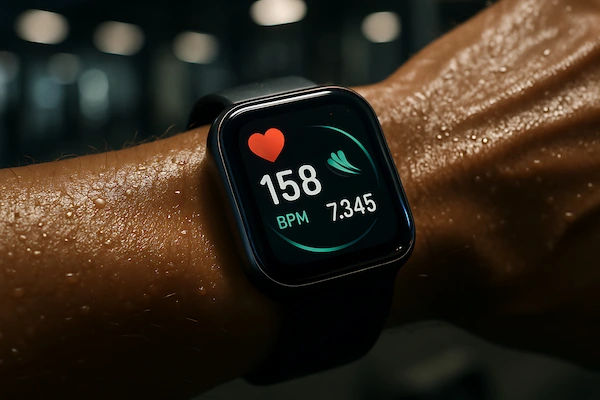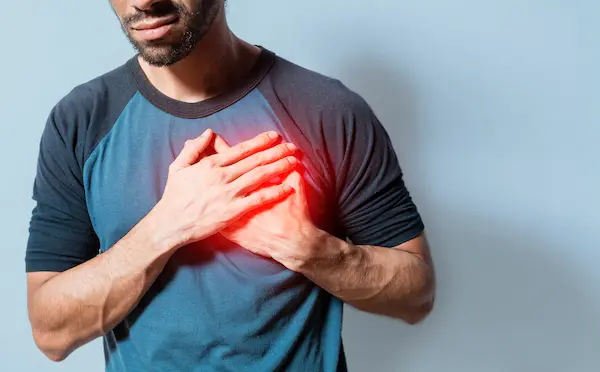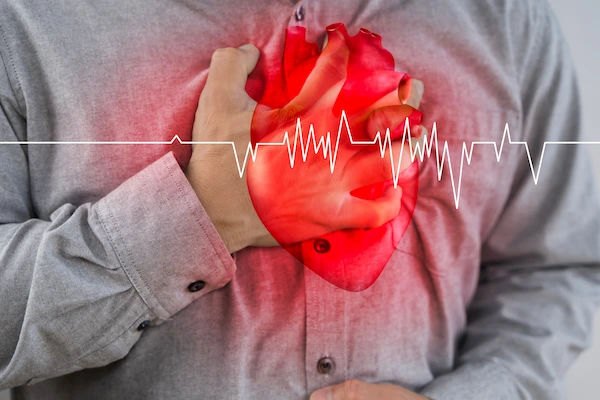- Male
- 37 Years
- 22/01/2025
I've been having these short period chest pains for about 6 months now, and honestly, it's freaking me out a bit. I got my ECG and Doppler tests done, and they came back normal. I'm also taking esoz d every morning for gastric issues. But, the chest pains still show up sometimes, and I can't help but worry about them being signs of a heart attack. What do you think is going on here? Any guidance would really help.
More Cardiology Health Queries
View allI'm worried because I've been having chest pain for the past couple of days. It's not constant but comes and goes, and there's this burning sensation with it. Plus, my whole body just hurts. What could this mean?
Overall the possibility of a heart problem seems to be less but without doing any objective test, a heart problem can not be conclusively ruled out especially because now a days heart diseases have become common in young people. So please meet a cardiologist as early as possible and get yourself properly
read more![Doctor 1]()
![Doctor 2]()
Answered by 1 Apollo Doctors
I'm a bit worried about my mom. She's been dealing with Diabetes and Hypertension for about 12 years now, and shes been taking medications to keep them in check. Since last November, she started on Ecosprin AV 7520 daily. I'm kind of concerned about if there are any side effects from taking it every day and whether its necessary to have Aspirin free intervals?
No need to stop medications , all the medications are to be continued including ecosprin.
read more![Doctor 1]()
![Doctor 2]()
Answered by 1 Apollo Doctors
I've been taking 1.25mg of Concor Cor since January 25, 2022, but I want to stop. It's only for panic attacks, not for any heart issues. I've got other meds for panic attacks now. How can I safely quit the Concor Cor?
continue medicine
read more![Doctor 1]()
![Doctor 2]()
Answered by 1 Apollo Doctors
Disclaimer: Answers on Apollo 247 are not intended to replace your doctor advice. Always seek help of a professional doctor in case of an medical emergency or ailment.





